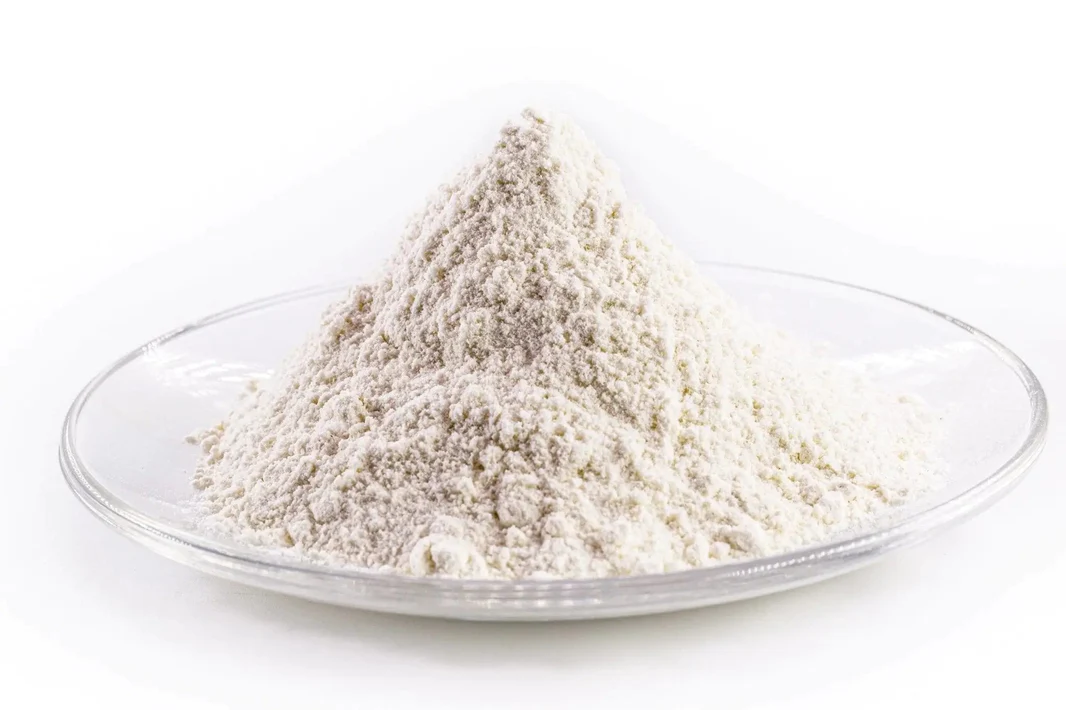
In the world of superfoods, where each tiny berry seems to hold a treasure trove of health benefits, aronia berries stand out as nutritional powerhouses. Also known as chokeberries, these dark, tart berries have been gaining popularity for their remarkable health benefits.
Let’s delve into the unique qualities of aronia berries and explore how they can contribute to your well-being.
Antioxidant Marvel:
Aronia berries are celebrated for their exceptionally high antioxidant content. Antioxidants are compounds that combat oxidative stress in the body, neutralizing harmful free radicals. The deep purple-black hue of aronia berries is indicative of their rich anthocyanin content, a potent antioxidant that has been linked to various health benefits.
Research suggests that the antioxidants in aronia berries may play a crucial role in reducing the risk of chronic diseases, including cardiovascular issues, by protecting cells from oxidative damage. Incorporating aronia berries into your diet can be a great way to boost your body’s defense against oxidative stress.
Heart Health Ally:
The heart-protective properties of aronia berries extend beyond their antioxidant prowess. Studies indicate that aronia berries may contribute to cardiovascular health by helping to lower blood pressure and improve cholesterol levels. The presence of polyphenols, particularly flavonoids, in aronia berries is believed to support the elasticity of blood vessels and enhance overall heart function.
Including aronia berries in your diet as a heart-healthy snack or incorporating them into smoothies may be a flavorful strategy to promote cardiovascular well-being. However, it’s essential to complement this with a balanced diet and a healthy lifestyle for comprehensive heart care.
Immune System Support:
Aronia berries are rich in essential vitamins, particularly vitamin C and vitamin A. Vitamin C is renowned for its immune-boosting properties, playing a pivotal role in the body’s defense against infections and illnesses. Vitamin A, on the other hand, is vital for maintaining the integrity of the skin and mucous membranes, acting as a barrier against pathogens.
Including aronia berries in your daily routine during cold and flu seasons could provide an extra layer of immune system support. Whether enjoyed fresh, dried, or incorporated into recipes, these berries can be a tasty addition to your immune-boosting arsenal.
Inflammation Reduction:
Chronic inflammation is a common denominator in various health conditions, from arthritis to heart disease. Aronia berries have demonstrated anti-inflammatory properties, with studies suggesting that regular consumption may help reduce inflammation in the body.
The anthocyanins and other bioactive compounds in aronia berries are thought to modulate inflammatory responses, making them a potential ally in the fight against inflammatory conditions. Adding aronia berries to an anti-inflammatory diet may contribute to overall well-being and help manage inflammation-related issues.
Diabetes Management:
For individuals managing diabetes or at risk of developing the condition, aronia berries may offer additional support. Research has indicated that aronia berry consumption may contribute to improved blood sugar regulation. The fiber content in these berries, combined with their antioxidant properties, can potentially help stabilize blood sugar levels.
While aronia berries can be a part of a diabetes-friendly diet, it’s crucial to consult with a healthcare professional to create a personalized approach to managing blood sugar levels.
Digestive Health Boost:
Aronia berries are a good source of dietary fiber, an essential component for digestive health. Fiber aids in regular bowel movements, helps prevent constipation, and supports a healthy gut microbiome.
Including aronia berries in your diet can be a tasty and natural way to increase fiber intake. Whether enjoyed on their own, added to yogurt, or blended into a smoothie, these berries can contribute to a well-rounded and gut-friendly diet.
Aronia berries, with their deep color and bold flavor, offer a wealth of health benefits that make them a standout addition to any diet. From their antioxidant-rich profile to their potential contributions to heart health, immune system support, and inflammation reduction, aronia berries are proving to be much more than just a tasty treat.
As with any superfood, it’s important to remember that balance and variety are key to a healthy diet. While incorporating aronia berries into your routine can certainly contribute to your overall well-being, they are most effective when part of a holistic approach that includes regular physical activity, a well-balanced diet, and other healthy lifestyle choices.
So, whether you enjoy them fresh, dried, or in various culinary creations, savor the goodness of aronia berries as you nourish your body and embark on a journey toward enhanced health and vitality.
Here at Tyrian, we have been growing the “Viking” variety aronia berry for the last 12 years. From tilling, to planting, fertilizing and harvesting, we handle it all ourselves. The aronia in our products comes from the midwest, where the soil is fertile, and the berries are handled with care. We have great pride in delivering a premium product that is unsurpassed in quality. It all starts on our farms, where it matters the most.
A Comprehensive Exploration of Structure, Functions, and Health Benefits of Collagen
In the realm of skincare, nutrition, and overall well-being, collagen has emerged as a buzzword, captivating the attention of health enthusiasts and researchers alike. As the most abundant protein in the human body, collagen plays a crucial role in various physiological functions, contributing to the structural integrity of tissues and organs. This essay aims to…
Exploring the Health Benefits of Acacia Fiber: Nature’s Nutrient-Rich Gift
In the quest for a healthier lifestyle, individuals are increasingly turning to natural alternatives to enhance their well-being. One such dietary supplement that has gained attention for its numerous health benefits is acacia fiber. Acacia fiber, derived from the gum of the Acacia tree, has been utilized for centuries for its medicinal properties and is…
Continue Reading Exploring the Health Benefits of Acacia Fiber: Nature’s Nutrient-Rich Gift
Tyrian Purple: A Journey through History, Myth, and Science
In the world of colors, few have captured the imagination and fascination of civilizations throughout history quite like Tyrian purple. This regal hue, derived from the secretions of a humble sea snail, has a rich and storied past that spans centuries. From its early use in ancient civilizations to its mysterious production process and cultural…
Continue Reading Tyrian Purple: A Journey through History, Myth, and Science
Type 1 and P Fimbriae: Unraveling the Adhesive Machinery of Uropathogenic Escherichia coli
Colony of bacteria close-up 3D rendering Bacteria are remarkable organisms that have evolved various mechanisms to interact with their environment and hosts. Among these mechanisms, type 1 and P fimbriae represent crucial components in the arsenal of many bacterial species. Fimbriae are surface appendages that play a pivotal role in bacterial adhesion, biofilm formation, and…
Understanding and Addressing UTIs in the Aging Population: The Impact in Assisted Living Facilities
Urinary Tract Infections (UTIs) present unique challenges in assisted living facilities, where residents often face underlying health issues and communal living conditions. UTIs are not only a discomfort but also a significant health concern, especially among the elderly population. As individuals age, various factors contribute to an increased susceptibility to UTIs, making them more prevalent…
Antibiotic Resistance: The Rise of the Superbugs
The use of antibiotics has unquestionably transformed medicine over the past 100 years and dramatically increased lifespan. Sir Alexander Fleming, a Scottish pharmacologist and biologist is credited with the discovery of penicillin in 1928 for which he received the Nobel Prize in physiology and Medicine. The first known use of antibiotics however dates back at…
Continue Reading Antibiotic Resistance: The Rise of the Superbugs







